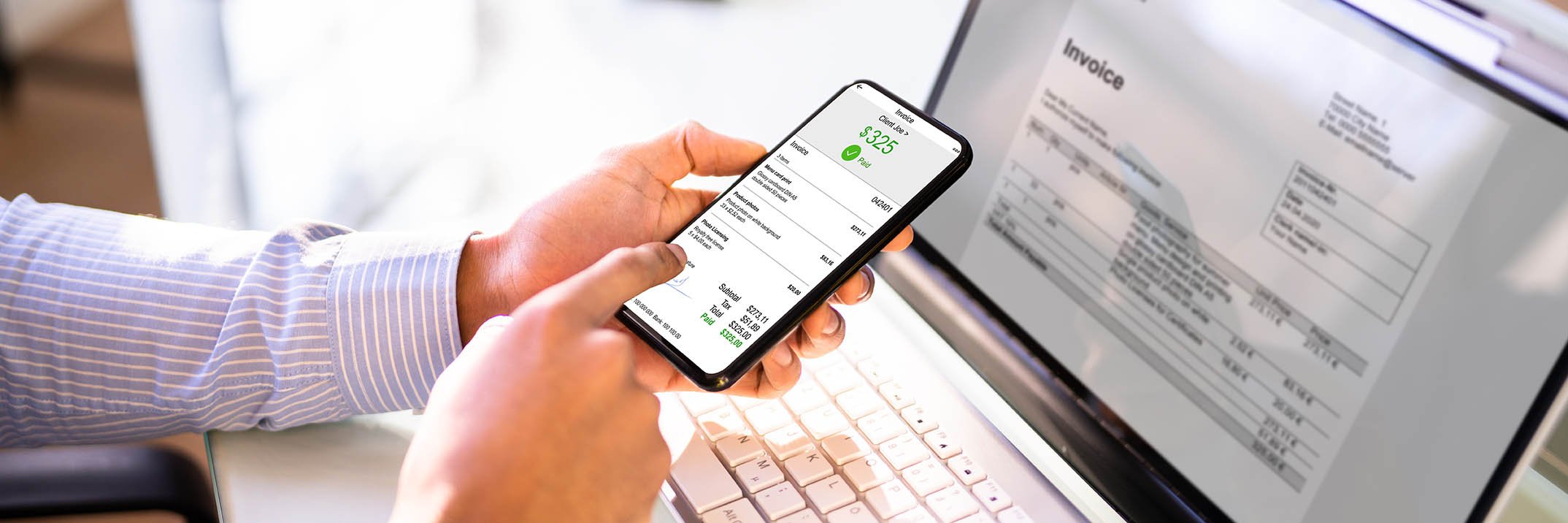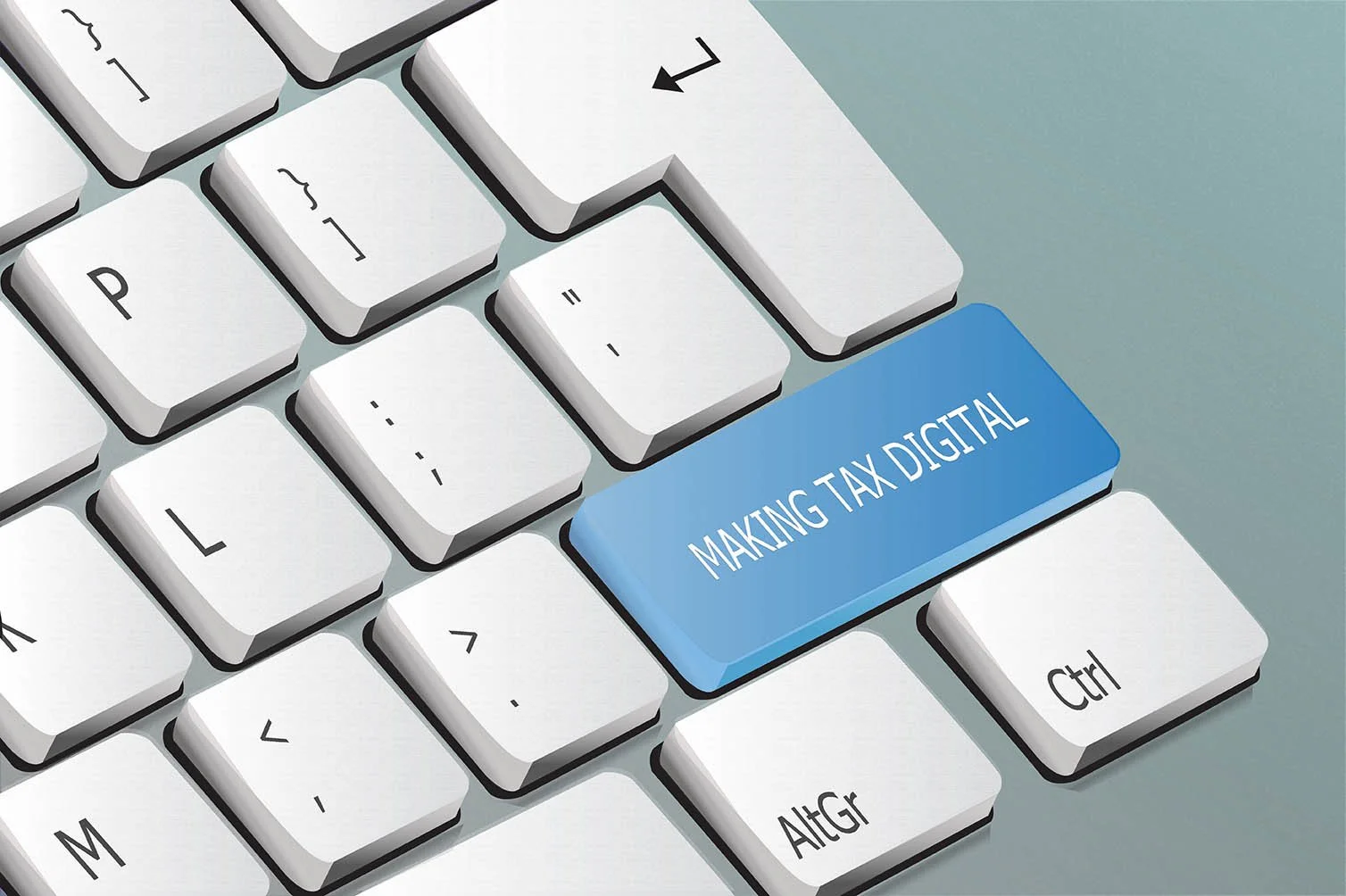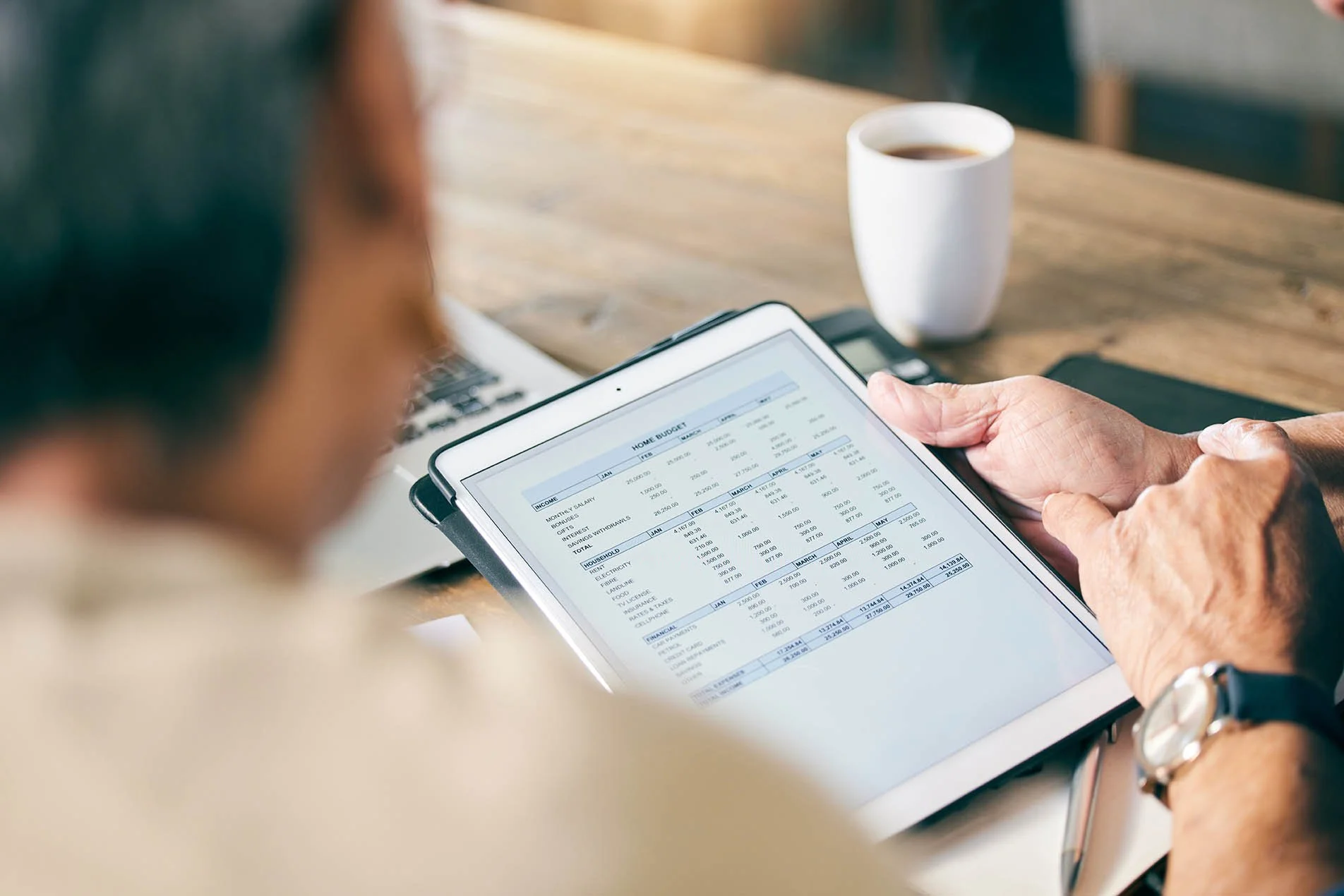
Making Tax Digital with Cheylesmore Accountants Birmingham
A Guide to Making Tax Digital (MTD)
Since the government's announcement of Making Tax Digital in 2019, HMRC has initiated significant changes to the way millions of businesses handle their tax recording and payments.
The Making Tax Digital for VAT initiative is currently in effect, with businesses mandated to register since April 2022.
Moreover, the implementation of Making Tax Digital for income tax is on the horizon, impacting the self-employed and property owners earning over £10,000 starting from April 2024. Partnerships are set to follow suit in April 2025, and corporation tax will be incorporated in the coming years.
Wondering about the implications for your business?
Continue reading for an in-depth exploration of MTD, specific deadlines for registration, and guidance on compliance with regulations (including recommendations for optimal software for Making Tax Digital).
What is Making Tax Digital?
Making Tax Digital (MTD) signifies a transformative shift in how individuals and businesses handle tax reporting and payments. The objective is to streamline your financial affairs and enable HMRC to receive information more consistently.
HMRC aims to position itself as a digitally advanced leader in tax administration globally. MTD serves as a foundational overhaul of the tax system, enhancing effectiveness, efficiency, and facilitating accurate tax reporting.
The implementation of these changes won't occur simultaneously. Over time, MTD will be extended to encompass VAT-registered businesses, the self-employed, and landlord income tax initially, with partnerships and companies included in subsequent years.
MTD is already operational for VAT-registered businesses, necessitating registration unless a valid exemption is applicable.
For self-employed individuals and landlords with income surpassing £10,000, voluntary registration for MTD is open, with mandatory registration commencing in April 2024 (Partnerships in April 2025).
While corporation tax integration is on the horizon, companies can participate in a pilot scheme initially. However, mandatory implementation isn't anticipated until at least 2026.
The advantages of Making Tax Digital
MTD aims to revolutionise tax administration in the UK, representing a crucial element of the government's strategy to simplify tax processes for both individuals and businesses, facilitating accurate reporting and financial management. The shift toward digitisation has garnered positive reception from a significant portion of businesses, with 61% strongly supporting the initiative. However, it's worth noting that more than a quarter of organisations express disagreement.
The benefits of MTD are evident in its streamlined approach to storing, submitting, and accessing information. Nevertheless, practical challenges persist, encompassing issues like software requirements, the requisite skills for utilising the software, and navigating the intricacies of new reporting periods. Additionally, the transition to digital operations may pose complexities in collaborating with international suppliers and partners.
Deadlines for Making Tax Digital (MTD) Registration
Here are the existing deadlines for registering your business for MTD if it applies to you. These dates specify when you should complete the registration process. It's important to note that the dates for submitting tax returns or paying tax bills will remain unchanged.
Making Tax Digital for VAT Deadline: April 1, 2022
Making Tax Digital for Income Tax Deadline: April 6, 2024
Making Tax Digital for Partnerships Deadline: April 6, 2025
Understanding the Implications of the Changes
In order to comply with Making Tax Digital (MTD), businesses are mandated to maintain digital financial records. These records must be kept in what HMRC terms as 'compatible software.' Essentially, this entails connecting the software directly to HMRC for the purpose of filing tax returns.
This connection, known as a 'digital link,' is defined by HMRC with two key characteristics:
1. Electronic transfer of data between software programs or applications, including linked spreadsheet cells with automated formulas.
2. Automated transfer that eliminates manual actions such as copying and pasting data or other manual methods of moving data between different software.
Effectively, HMRC seeks to centralise all your data input into a single software, automatically sending it to them with a simple click of a button.
How to Register for Making Tax Digital
You or your accountant can register for MTD (VAT and Income Tax) directly on the HMRC website. If you do not have a Government Gateway account for your business, you'll need to create one.
Additionally, along with registration, finding compatible software for Making Tax Digital is imperative. Continue reading for our top recommendations!
Making Tax Digital for VAT
MTD impacts your VAT accounting process and the way businesses store and submit information. In your digital accounts, it's essential to record:
- Business name and address
- VAT registration number
- VAT accounting schemes
- Amount of VAT on goods and services supplied
- Amount of VAT on goods and services received
- Adjustments made to returns
- Source of VAT transactions (UK, Europe, and Rest of World)
- Time and value of supply for all transactions
- Rate of VAT charged on goods and services supplied
- Reverse charge transactions
- Total daily gross takings (if using a retail scheme)
- Items eligible for VAT reclamation (if using the Flat Rate scheme)
It's important to note that these new rules do not alter your regular VAT return deadlines.
Making Tax Digital for Sole Traders and Self-Employed Individuals
The introduction of Making Tax Digital (MTD) for income tax marks a substantial shift in the tax management landscape for millions of individuals, including sole traders and landlords.
These regulations specifically apply to individuals with relevant income surpassing £10,000 across their properties or business ventures.
The £10,000 threshold pertains to gross income or turnover, not profit. Furthermore, it encompasses total gross income in cases where individuals are engaged in multiple trades or property businesses.
Commencing on April 6, 2024, all qualifying businesses and landlords are obligated to maintain digital records of their income and expenses using compatible software. This entails the acquisition or use of a free software version to ensure compliance.
In preparation for this transition, HMRC is collaborating with software providers to guarantee that small businesses can access affordable products. The government is also dedicated to facilitating the availability of free software for small businesses with uncomplicated affairs.
For those falling below this income threshold, the option to continue using the existing self-assessment system remains viable.
In exceptional circumstances, exemptions to MTD apply, including:
1. In cases where using digital tools is deemed unreasonable due to factors such as age, disability, or lack of internet access in remote locations, commonly referred to as digital exclusion.
2. Instances subject to an insolvency procedure.
3. Situations where a business is operated by practicing members of a religion whose beliefs are incompatible with using electronic communication.
If you believe you qualify for an exemption, direct application to HMRC with a detailed explanation is necessary. Additionally, Trusts, Estates, Trustees of Registered Pension Schemes, and Non-Resident Companies are exempt from MTD.
Call 0121 369 1055 today to speak to our expert accountants in Birmingham
5 star Google rated accountants in Birmingham
You can find our genuine 5 star reviews by searching Accountants in Birmingham We have a perfect 5 star rating , making us one of the highest rated accountants in Harborne Birmingham.


